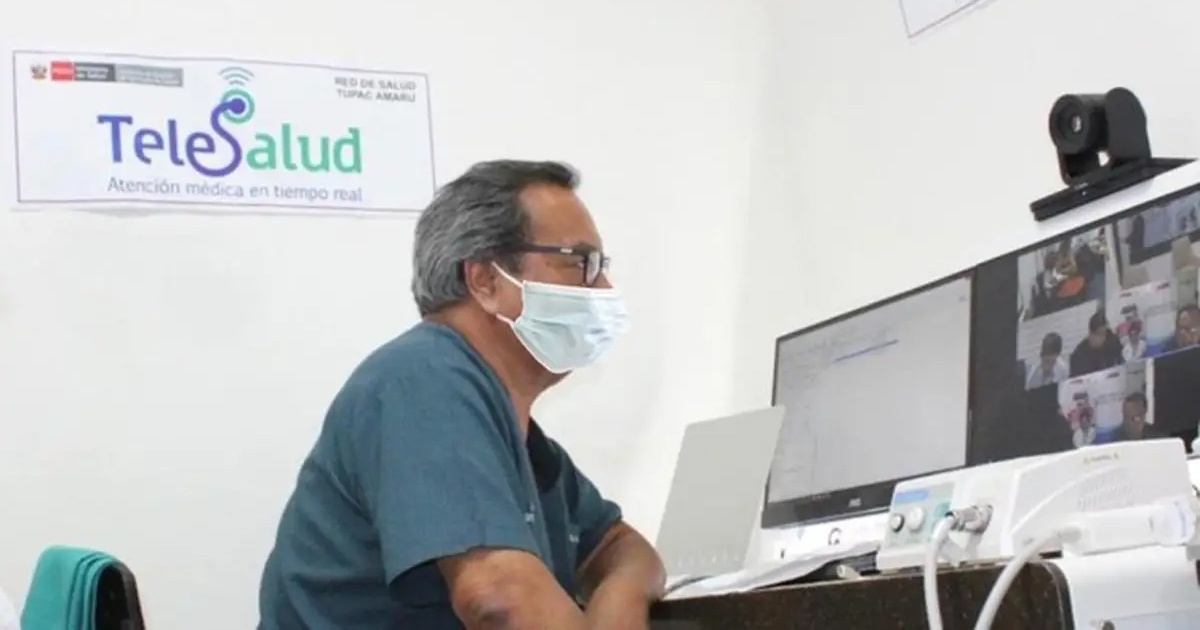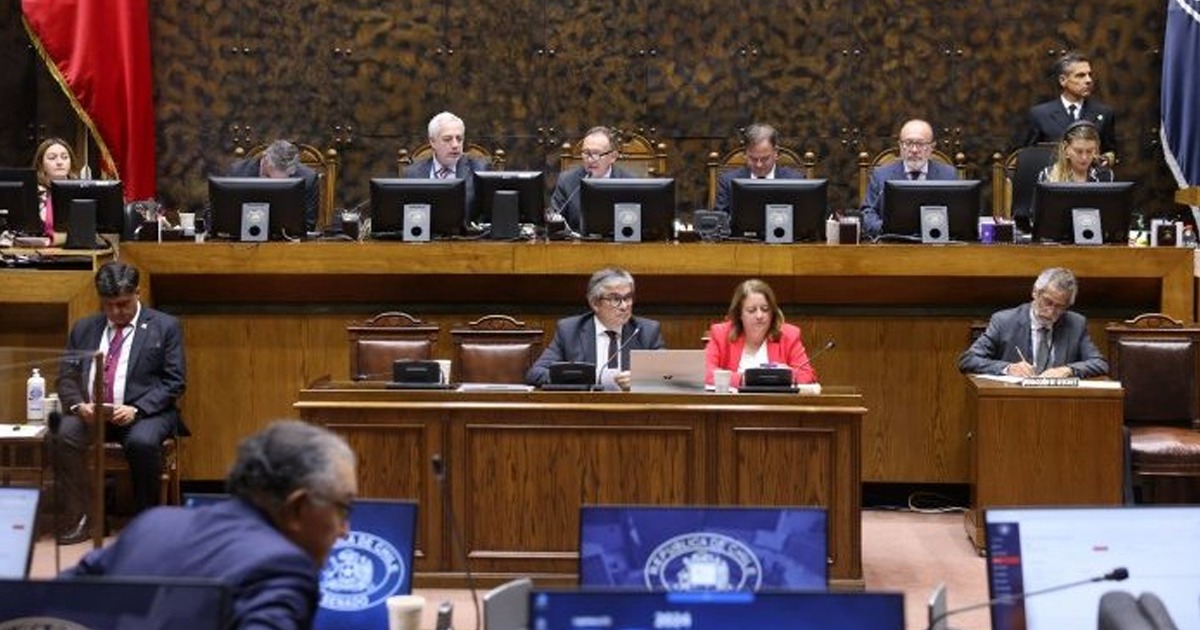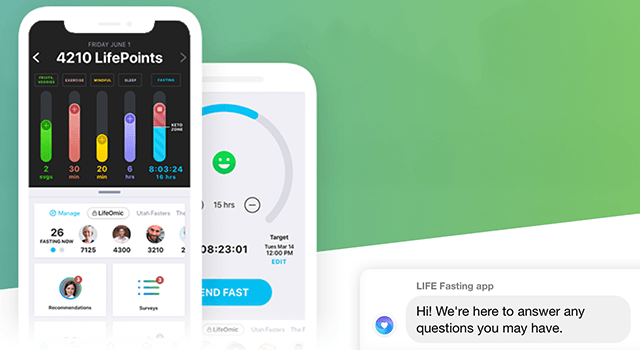By legislative decree, Peru will strengthen the scope of Telehealth nationally
Article 9 of Law No. 003-2019-SA approves the regulations of Law No. 30421 Telehealth Framework Law, which optimizes processes linked to Telehealth, in order to establish regulations that allow its implementation and development throughout the country.
Through the emergency decree, the National Digital Transformation System was created and at the same time the Digital Government Act was passed which promote and regulate the use of digital technologies in processes and services provided by the State for the population.
Following the COVID-19 crisis in Peru, its telemedicine and telehealth services were of importance in providing care to patients with different conditions and to reduce risks of contagion. Peru therefore seeks to promote this type of services with solidity and strength by creating new units and health bodies.

The legislative decree has 12 articles among which Article 3 stands out, which defines the main terms of Digital Health in the context of Peru:
- Telehealth: Remote health service provided by health personnel, through Information and Communication Technologies (ICT), to make these services accessible and timely to the population. This service is carried by the following development axes of Telehealth: the provision of health services, the management of health services; information, education and communication with cultural and linguistic relevance; and capacity building for health personnel, among others.
- Telemedicine: Provision of remote health services in the components of promotion, prevention, diagnosis, treatment, recovery, rehabilitation and palliative care, provided by health staff using ICT, in order to facilitate access to health services to the population.
- Teleconsulting: It is the remote consultation, performed by a health professional for patient care, whether or not they may be present; for the purposes of promotion, prevention, diagnosis, treatment, recovery, rehabilitation and palliative care as the case may be, complying with the regulated restrictions on the prescription of medicines and other provisions determined by the Ministry of Health.
- Remote interconsulting: It is the remote consultation through ICTs, performed by a health professional for patient care, whether or not they may be present; for the purposes of promotion, prevention, diagnosis, treatment, recovery, rehabilitation and palliative care as the case may be, complying with the regulated restrictions on the prescription of medicines and other provisions determined by the Ministry of Health.
- Remote orientation: It is the set of actions developed by a health professional through the use of ICT, to provide the user with health, counseling and advice for purposes of health promotion, prevention, recovery or rehabilitation of diseases.
- Telemonitoring: It is the remote monitoring or monitoring of the user, in the Health Service Provider Institutions, in which the clinical information of the user is transmitted, and if the case warrants it according to medical considerations the biomedical parameters and/or auxiliary examinations, as a means of control of their health situation. The prescription of medicines may or may not be included according to medical criteria and according to the competencies of other health professionals.
- Interoperability: It is the ability of the systems of several organizations to interact with consensual and common objectives in order to obtain mutual benefits. The interaction involves health facilities sharing information and knowledge by exchanging data between their respective information and communications technology systems to finally optimize the use of resources in health services.
In addition, the decree includes additional provisions, among which are the free access to these health services, which urges telephony and internet operators to provide the population with access to the communication channels available to the Ministry of Health, in addition, the use of the government's digital channel oriented to Telehealth is promoted: www.gob.pe/telesalud.






